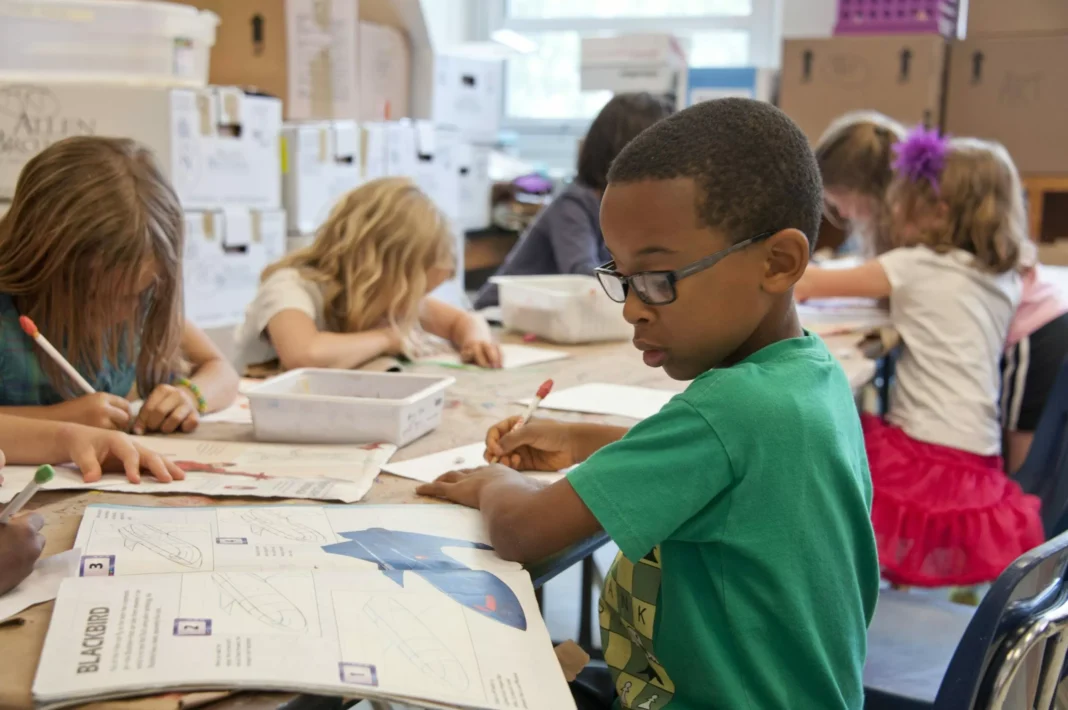Education is a vast and intricate culture that constantly evolves to meet the ever-changing demands of the world. It serves as the foundation for developing individuals who are equipped with the necessary skills and knowledge to navigate through the complexities of life. In today’s world, the education system plays an even more crucial role as it prepares individuals to face the challenges of an increasingly diverse and globalized society. However, with the growing demand for quality education, the issue of school choice has become a hot topic in many parts of the country, including Illinois. Amidst the ongoing debates on this topic, the question of religion in private schools has also come to the forefront. Many argue that the presence of religious education in private schools hinders the values of diversity and inclusion, but this is far from the truth.
In her recent article, Emily Gill, Caterpillar Professor of Political Science Emerita, highlights the dilemma of religion in private schools and the need to defend its place in the education system. Private schools, including those with a religious affiliation, have been providing quality education and contributing significantly to the overall growth and development of society. These schools offer a diverse range of educational programs that cater to the individual needs and interests of students, providing them with a well-rounded education. Furthermore, private schools also play a vital role in promoting cultural diversity and fostering an inclusive learning environment.
One of the main arguments against private schools is that they promote a narrow-minded and exclusionary approach to education. However, this assumption is based on the misconception that private schools focus solely on religious teachings and ignore other subjects. In reality, private schools provide a well-balanced education that includes a strong academic curriculum alongside religious studies. This not only promotes critical thinking skills but also instills a sense of moral responsibility and ethical values in students. Private schools also offer a wider range of extracurricular activities, such as sports, music, and art, which contribute to the overall development of students.
Moreover, religious education in private schools has no adverse effects on diversity and inclusivity but rather enhances it. The presence of different religious beliefs in a school setting fosters mutual respect and understanding among students, promoting a culture of empathy and acceptance. It helps students develop a deeper appreciation for different cultures and religions, promoting a more tolerant and diverse society. Private schools also provide students with an opportunity to learn about their own religion and develop a strong sense of identity and belonging, which is essential for personal and social growth.
Another crucial aspect of private schools is their ability to offer personalized education to students. Unlike public schools, private schools have smaller class sizes, which allow for more individualized attention and support for students. This personalized approach caters to the specific needs and learning styles of students, helping them reach their full academic potential. Moreover, the presence of religious values in private schools encourages a more personalized and nurturing learning environment, where students feel supported and valued.
Critics also argue that private schools contribute to the inequality in education as they are only accessible to certain socio-economic classes. However, this is not necessarily true as many private schools offer financial aid and scholarship programs to students from low-income families. These schools provide equal opportunities for students from all backgrounds to receive a quality education, regardless of their financial status. Furthermore, private schools also compete with public schools, creating a healthy competition that drives educational improvement and benefits the entire education system.
In conclusion, private schools play a vital role in the education system and should not be dismissed due to their religious affiliation. They offer a well-rounded education that nurtures academic excellence, moral values, and cultural diversity. Private schools also foster an inclusive learning environment that promotes respect, understanding, and empathy among students of different backgrounds. It is essential to recognize and defend the contribution of private schools in shaping the complex and diverse world we live in today. As G.K. Chesterton rightly said, “Education is a complex and many-sided culture to meet a complex and many-sided world.”

